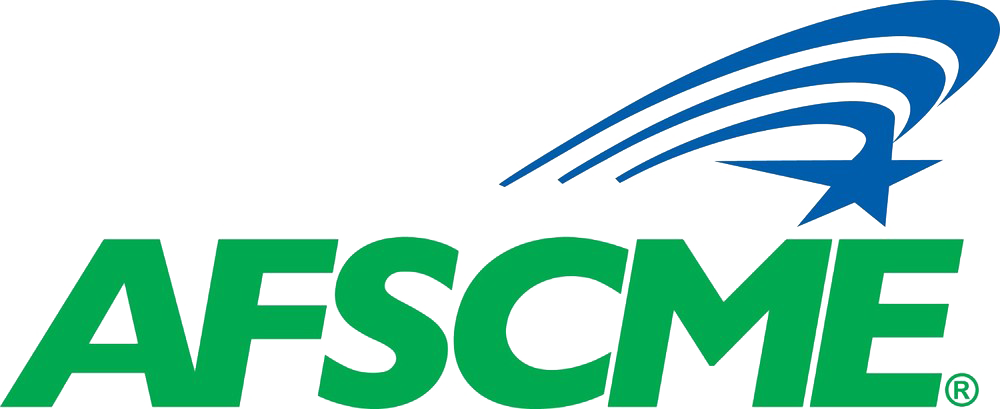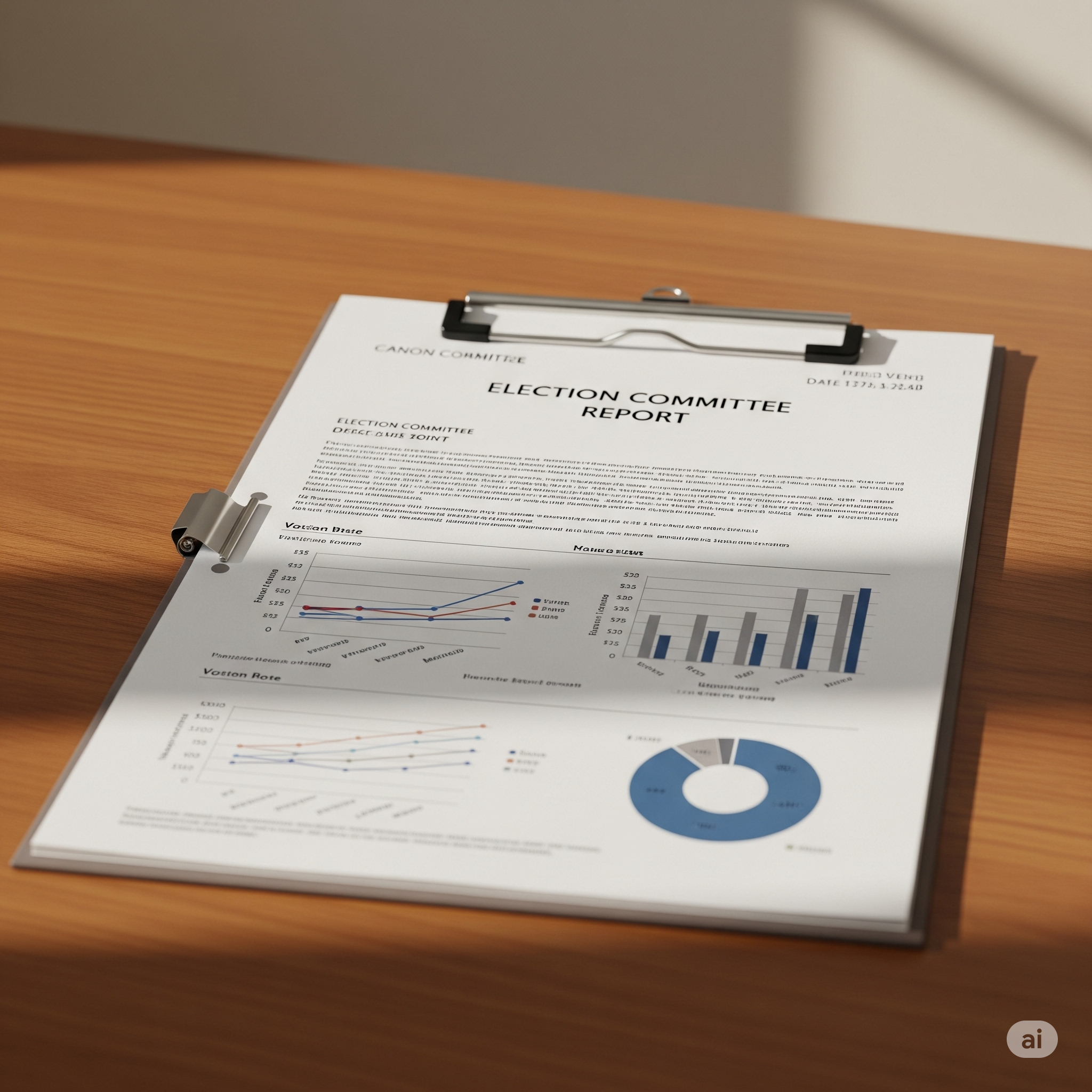President Peterson,
On behalf of the Local 3005 Election Committee (“EC”), please find our report in response to a series of protests raised in the course of the 2025 Local 3005 officer elections. The EC is asking that this report be adopted by the Local 3005 membership.
Per the rules and constitution of Local 3005 and AFSCME International, an election protest raises questions about the conduct of the election itself. Following the completion of the ballot count, the EC received these protests on June 9, 2025 and convened an investigatory meeting on Wednesday, June 25, 2025.
All candidates were invited to attend and the members raising the protests were given an opportunity to present their protests and explain the basis of their claims. The EC provided an opportunity to the candidates to provide any additional evidence, in response to the protests, by Wednesday, July 2, 2025.
After considering each, the EC has concluded that the claimed violations of the electionsprocedures were not proven or did not affect the outcome of the elections.
What follows is a brief explanation of our decision.
The first violation, raised by members of the Members Come First (“MCF”) slate alleges that members of the opposing Rank-and-File-Voices (“RFV”) slate began selectively recruiting Local 3005 members by utilizing employer resources, their union positions, and union communications while soliciting member information at Union events.
The protest centers around the use of an RFV initiated Signal group and the alleged improper solicitation of members at Local 3005 sponsored events. The EC finds that the Signal group was clearly demarcated as a private communication channel, notably under the slate’s name “Rank and File 3005” and with open reference to the slate and its campaigning. The evidence also establishes that it was open to all members of Local 3005. And insofar as it was directed at recruiting candidates from OCME this effort was wholly unsuccessful. Otherwise, there is no evidence that this effort had any meaningful impact on the outcome of the election.
Finally, that the invitation to join a Signal group may have occurred at two Local sponsored events - in particular the Lobby Day event in early March 2024, more than 2 months before voting took place - was not in and of itself sufficient to establish a violation. See AFSCME Judicial Panel Reports Jpc 19-12 and Jpc 17-74. This violation is dismissed.
The second violation alleges the improper use of a DC37 logo by members of RFV, most specifically the wearing of campaign pins at a Local event and one candidate wearing a head- wrap that appears to include the DC37 logo.
In regards to the wearing of the headgear, the logo is only partially visible and cannot reasonably be construed as an endorsement by DC37 of the candidate or the slate. See AFSCME Judicial Panel Report JPC 18-103.
In regards to the wearing of the campaign pin, the EC finds that when certain RFV candidates were asked to remove their pin at the event they complied and there is no evidence of campaigning that was sufficiently egregious to have impacted the outcome of the election. See AFSCME Judicial Panel Report JPC 17-69. This violation is dismissed.
The third violation alleges that candidates from RFV campaigned in non-designated work areas. The evidence has not established that the campaigning took place in areas other than common areas, accessible to agency employees. Nor was evidence presented that any campaigning took place using employer resources, including on the employer’s time. This violation is dismissed. See AFSCME Judicial Panel Report JPC 22-117.
The fourth violation alleges that RFV encouraged members to gather at a specific work location to a “bring your ballot event” that took place from 12:00pm to 1:30pm on May 14, 2025. The evidence establishes that a small number of members brought already sealed ballots to the event and mailed them from the location on that day. There is no evidence that any process of collectively completing or filling in blank or open ballots took place that would otherwise implicate the secret ballot and could be a per se election violation. In the absence of this evidence the EC dismisses this violation.
The fifth violation alleges that RFV encourages an in-person vote for one of its known supporters. The issue surrounds a single Local 3005 member, in good standing, who received a ballot through the United States Postal Service (“USPS”) which had been torn in half in its handling by the USPS. After consulting with the EC and the American Arbitration Association (“AAA”), the member was issued a replacement ballot which, given the inability of AAA to timely mail a replacement ballot, may have been accepted in person. Even if the EC was mistaken in authorizing a replacement ballot, it would not, in any case, have impacted the outcome of the election. See AFSCME Judicial Panel Report JPC 16-08.
The sixth violation alleges that RFV improperly accepted and used financial donations from two sources: $100 from a member in good standing from another DC37 local; and $250 from another union or staff association, the Association of Legislative Employees (“ALE”). This was part of a total exceeding two thousand and six hundred dollars ($2600) raised via an on-line fundraising campaign.
The applicable authority in this case is the AFSCME International Constitution, Appendix D, which specifies that “No funds or other resources of the Federation or of any subordinate body, and no funds or resources of any employer shall be used to support the candidacy of any member for any elective office within the Federation or any subordinate body.” The evidence has established that ALE is a staff association without any employees and therefore does not qualify as an employer. Neither were other resources of the Federation or of any subordinate body accepted. This violation is dismissed.
The seventh violationalleges that the RFV improperly used the name of the federation and subordinate bodies in an unauthorized manner by contributing to articles in the press and social media. There is no evidence that any privileged or confidential local information was improperly disclosed to the media. See AFSCME Judicial Panel Report JPC 18-59. Furthermore, as a general matter, without evidence of such a violation, the allegation implicates free speech rights explicitly protected by the AFSCME constitution. This violation is dismissed.
The eight violation alleges that the EC shared with all candidates a list of “bad addresses” it had received from AAA. MCF alleges that insofar as the majority of these members were from the Gotham location where many of the RFV candidates work, this thereby gave RFV an advantage in reaching out to likely supporters. The evidence establishes that the EC, in three successive emails, did send a list of twenty six names of members in good standing whose ballots had been returned based on bad addresses. This list was sent to all candidates. There is no evidence that there was any use of employer resources in subsequently reaching out to the members. Nor is there evidence that more than a few such members received ballots after correcting their addresses. Even assuming it was a mistake for the EC to have pro-actively sought to obtain proper addresses for members in good standing to facilitate voting, there is no evidence that this effort impacted the outcome of the election (all of the winning candidates prevailed by more than 100 votes). See AFSCME Judicial Panel Reports JPC 17-69. This violation is dismissed.
The ninth violation was brought by RFV and alleges that the ruling of the EC, that Paul Brown could not be sworn in as vice-president of Local 3005, was improper and should be overturned. The certified ballot established that Brother Brown received 279 votes for the position of Vice- President, as against the total of 96 votes for candidate Kimani Barley. However, the Local 3005 Constitution Article VI, section 1(A) states, “The president and vice-president shall be from different agencies; that is, one shall be from the NYC Department of Health and Mental Hygiene and one shall be from the Office of Chief Medical Examiner.”
Both the winning candidate for the position of President, Meghan Peterson, and Brother Brown are from the same agency (DOHMH). Therefore, the EC ruled that Brother Brown could not be sworn in and—consistent with Article VI, section 6 of the Local 3005 constitution, which reads “Vacancies in office shall be filled for the remainder of the unexpired term by vote of the executive board—the newly elected executive board should fill the position with a member in good standing from OCME.
The protest of RFV rests on Article VI, section 5 of the Local 3005 constitution which reads, “All matters concerning nominations and elections in this local union shall be subject to the provisions of Appendix D, entitled Elections Code, of the International Union Constitution. The by-laws of this local union shall include election and vote tabulation provisions to ensure that the president and vice-president are from different agencies.”
However, there is no evidence that any such local by-laws are in existence. The EC holds that the absence of such by-laws cannot be read to negate the requirements of Article VI, section
1(A). Therefore, the EC stands by its decision to not seat Brother Brown and stands by its recommendation to the executive board, to fill the vacancy consistent with Article VI, section 6 of the Local 3005 constitution. On this basis, this violation is dismissed.
. . . . . . . .
The EC reminds the candidates that pursuant to the AFSCME International Constitution, Appendix D, section 4(d), “any protestant or nominee adversely affected by a decision on a challenge or a protest may file a written appeal with the Judicial Panel within ten days of the subordinate body’s decision.”
Thank you.
Stephen Moyer,
Local 3005 Election Committee Chairperson (2025)

